Publications
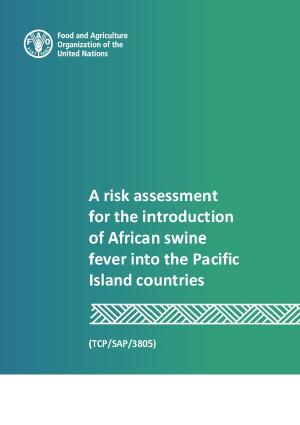
A risk assessment for the introduction of African swine fever into the Pacific Island countries
2024
This publication is a dedicated risk assessment that specifically addresses the introduction of African swine fever (ASF) into the Pacific Islands countries. It was conducted by the EpiCentre, School of Veterinary Sciences at Massey University, and the Food and Agriculture Organization of the United Nations (FAO), as part of the FAO Technical Cooperation Programme (TCP/SAP/3801).
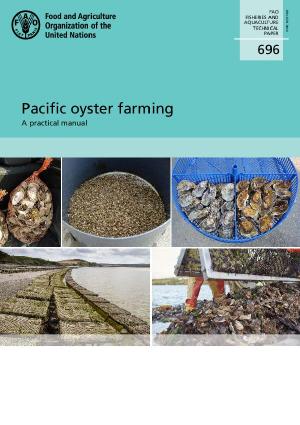
Pacific oyster farming - A practical manual
2024
The purpose of this manual is to give the reader a foundation of practical knowledge regarding all aspects of Pacific oyster cultivation. It is targeted at new entrants to the market wishing to establish a farm, and existing operators who wish to develop their farms and explore new cultivation techniques.
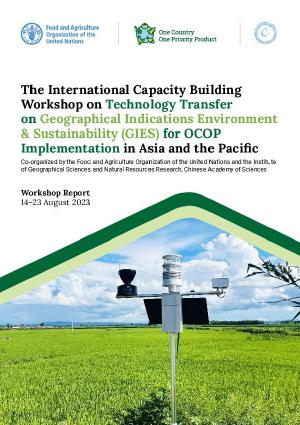
The International Capacity Building Workshop on Technology Transfer on Geographical Indications Environment & Sustainability (GIES) for OCOP Implementation in the Asia and the Pacific Region
2023
The International Capacity Building Workshop on Technology Transfer on Geographical Indications Environment & Sustainability (GIES) for OCOP Implementation in Asia and the Pacific Region was co-organized by the Food and Agriculture Organization of the United Nations and the Institute of Geographical Sciences and Natural Resources Research, Chinese Academy of Sciences.
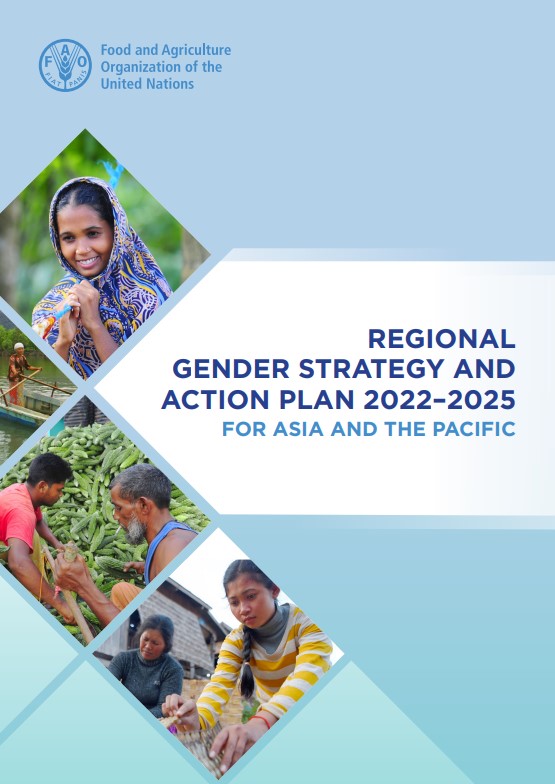
Regional Gender Strategy and Action Plan 2022–2025 for Asia and the Pacific
2022
Promoting gender equality across the policy and programme framework of the Food and Agriculture Organization of the United Nations (FAO) is crucial for the Organization to realize its mandate to eradicate poverty and eliminate hunger and malnutrition.
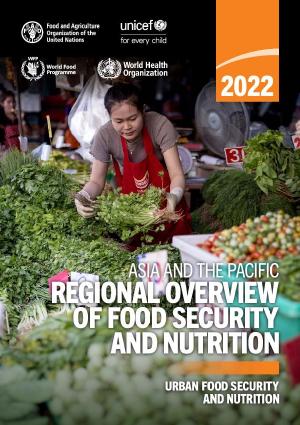
Asia and the Pacific – Regional Overview of Food Security and Nutrition 2022 Urban food security and nutrition
2022
This is the fifth edition of the Asia and the Pacific Regional Overview of Food Security and Nutrition annual report.
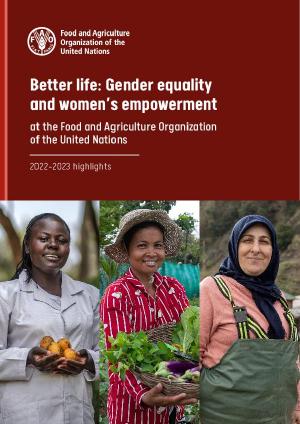
Better life: Gender equality and women’s empowerment at the Food and Agriculture Organization of the United Nations 2022–2023 highlights
2022
This report showcases gender equality and women’s empowerment highlights in 2022 and 2023 and is divided into global and regional highlights.
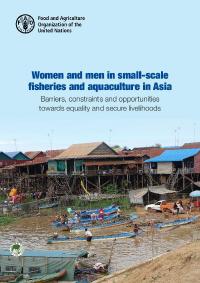
Women and men in small-scale fisheries and aquaculture in Asia
2022
Fisheries and aquaculture contribute to food security and livelihoods of millions of people in Asia. Both women and men are engaged in fisheries and aquaculture. In the past ten years, many actors have worked on raising awareness on women’s contribution as well as promoting gender equality in fisheries and aquaculture. This study aims to consolidate the efforts to date to provide recommendations for action and future studies.
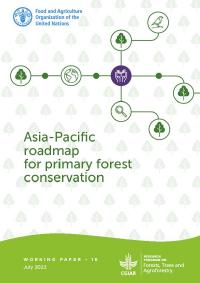
Asia-Pacific roadmap for primary forest conservation
2022
This report suggests a practical process in four steps, through which the recommendations can be articulated at different scales (from regional to local) and adapted to the specific context, priorities and needs of various forest types, countries and categories of actors.
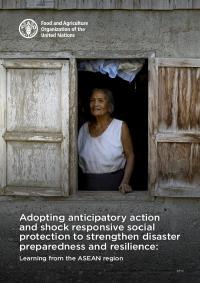
Adopting anticipatory action and shock responsive social protection to strengthen disaster preparedness and resilience: Learning from the ASEAN region
2022
This regional study and four country case studies – Cambodia, Myanmar, the Philippines, and Viet Nam – found that significant progress has been made, but also uncovered some surprising and challenging questions.
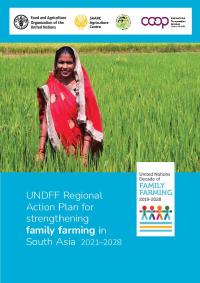
UNDFF Regional Action Plan for strengthening family farming in South Asia 2021–2028
2022
A joint publication of FAO, AO, SAC, AFA , COOP, this Regional Action Plan aims at facilitating and accelerating the process of developing national action plans through inclusive multi-stakeholder processes, not only putting family farmers at the centre but recognizing them as critical partners.
